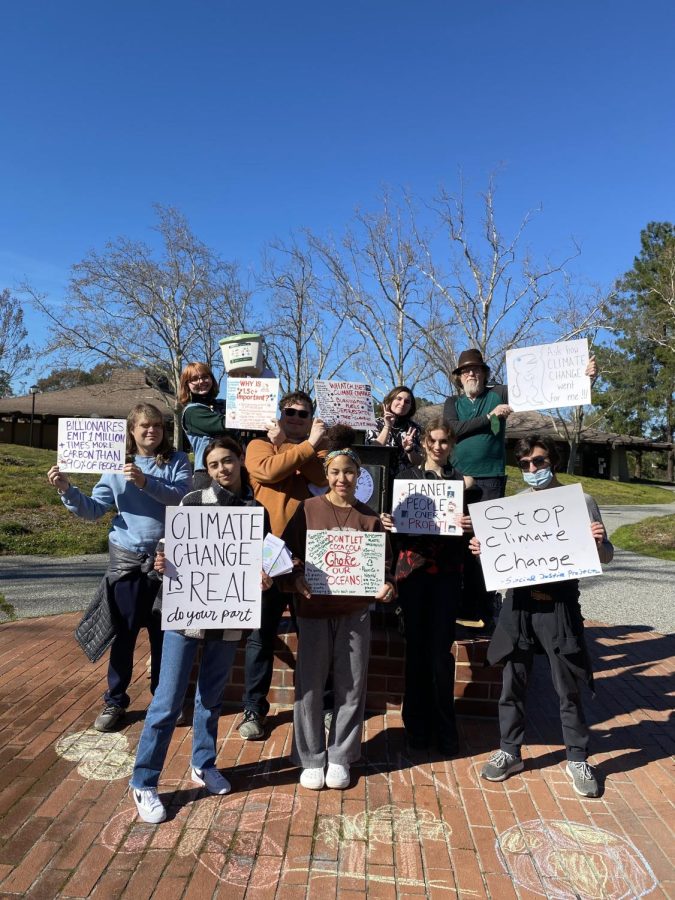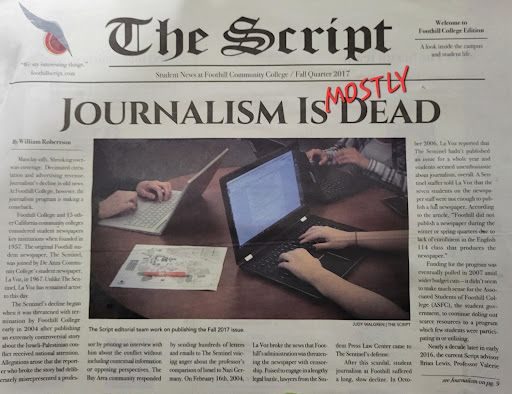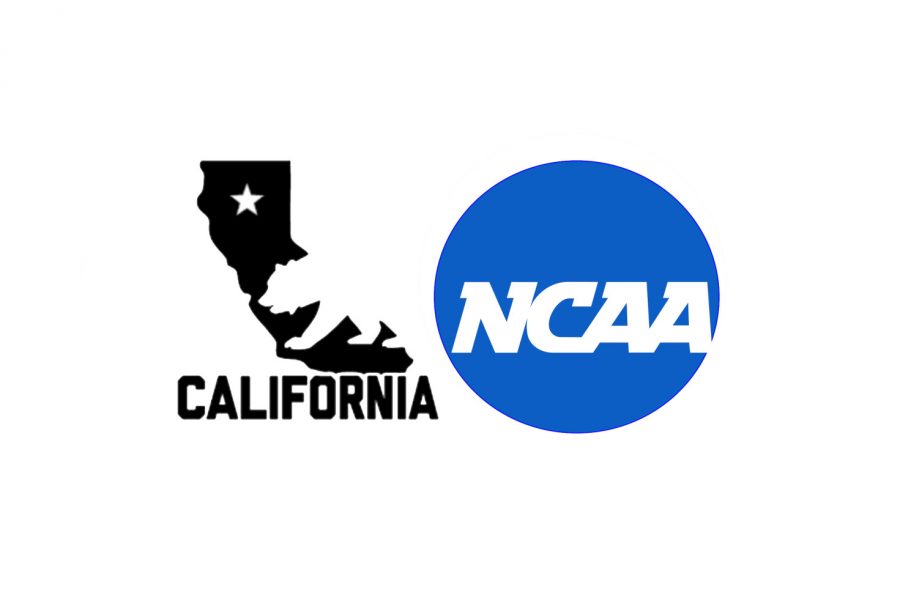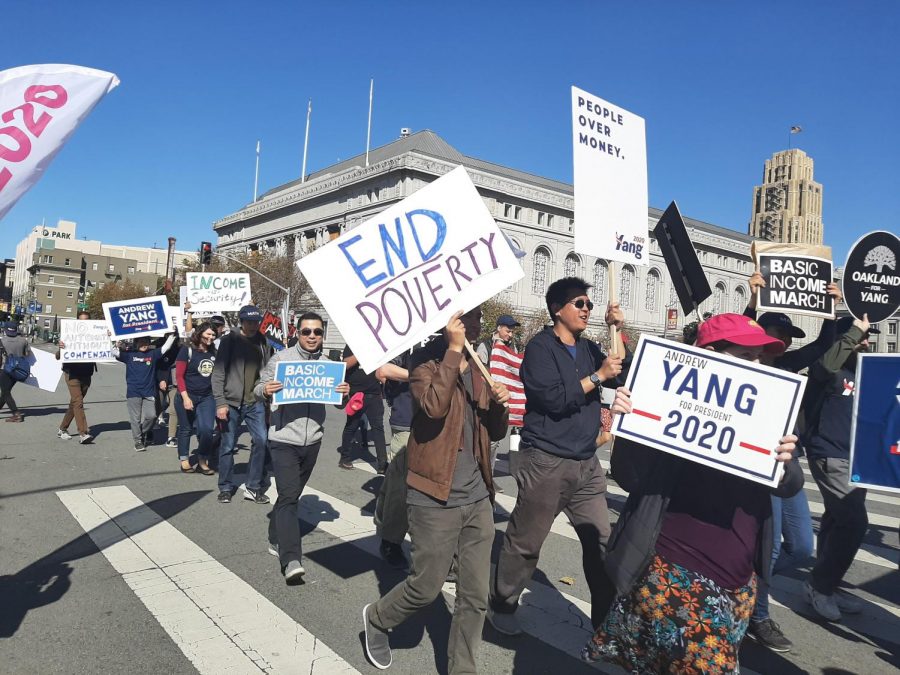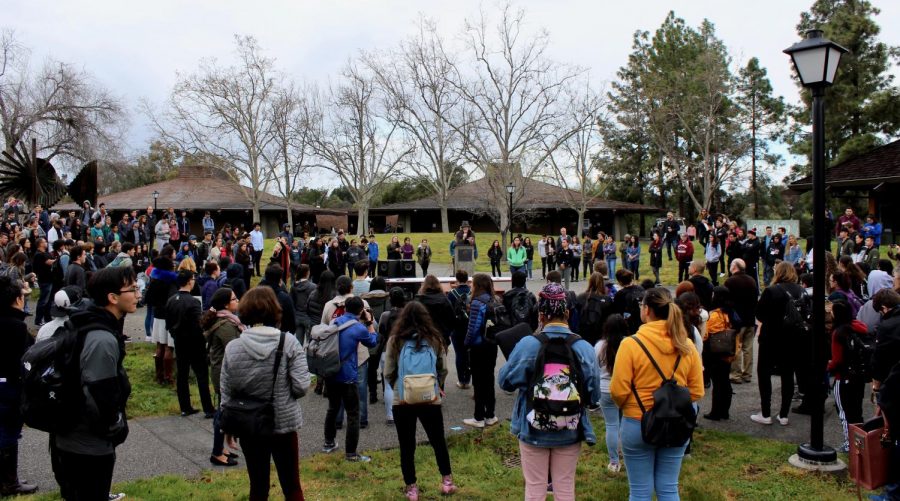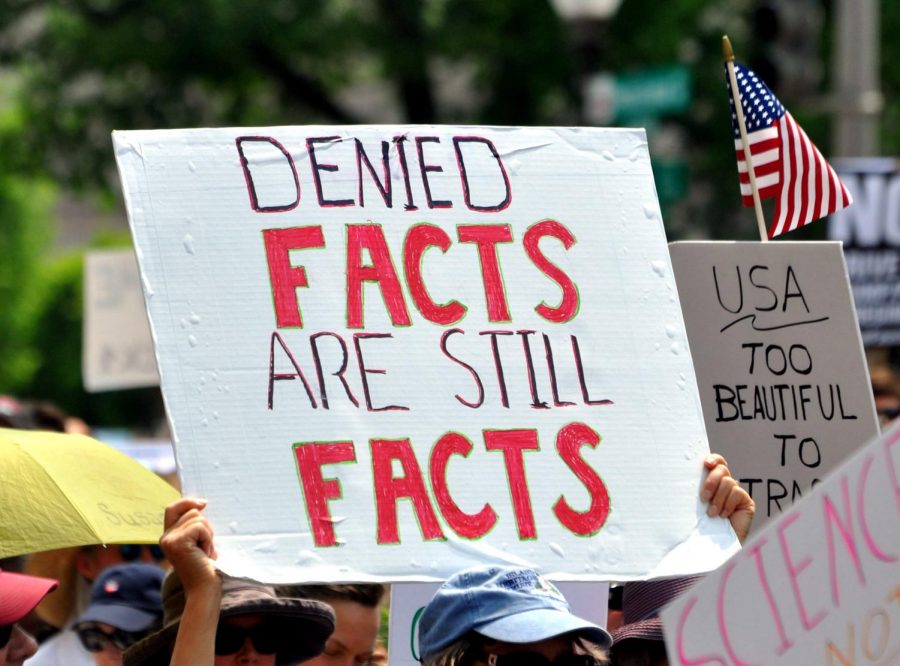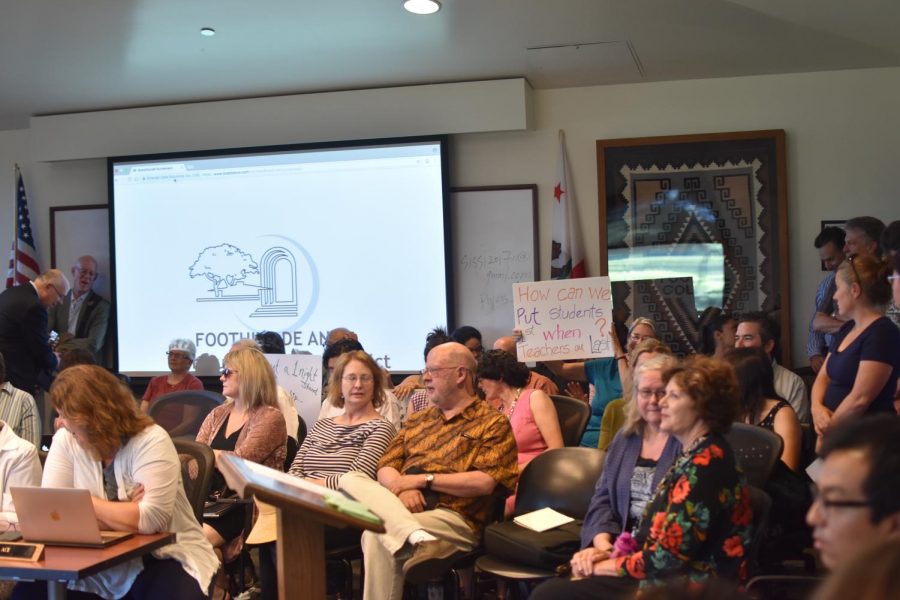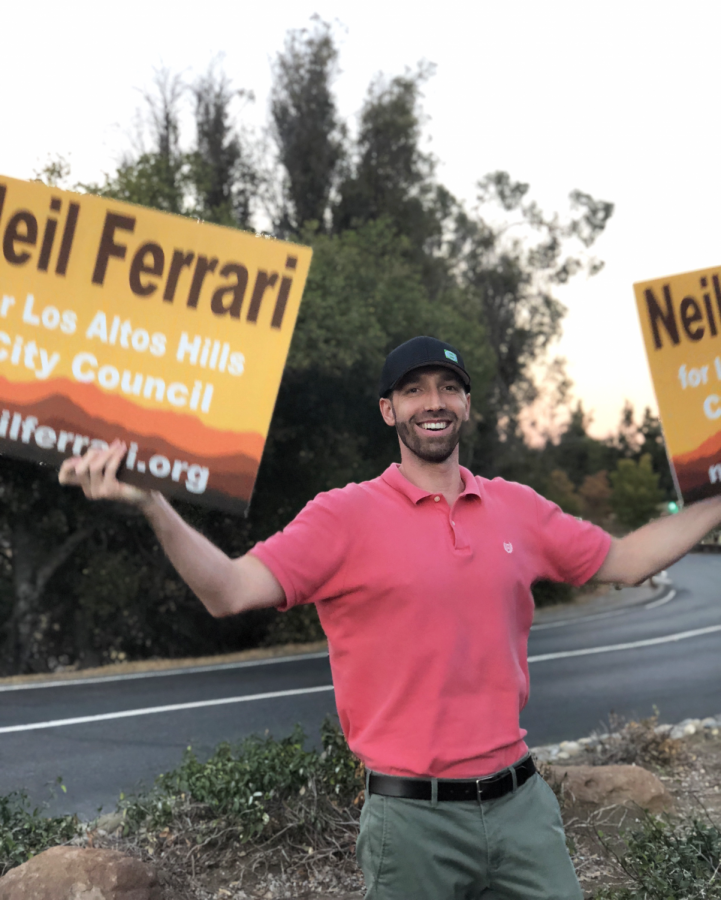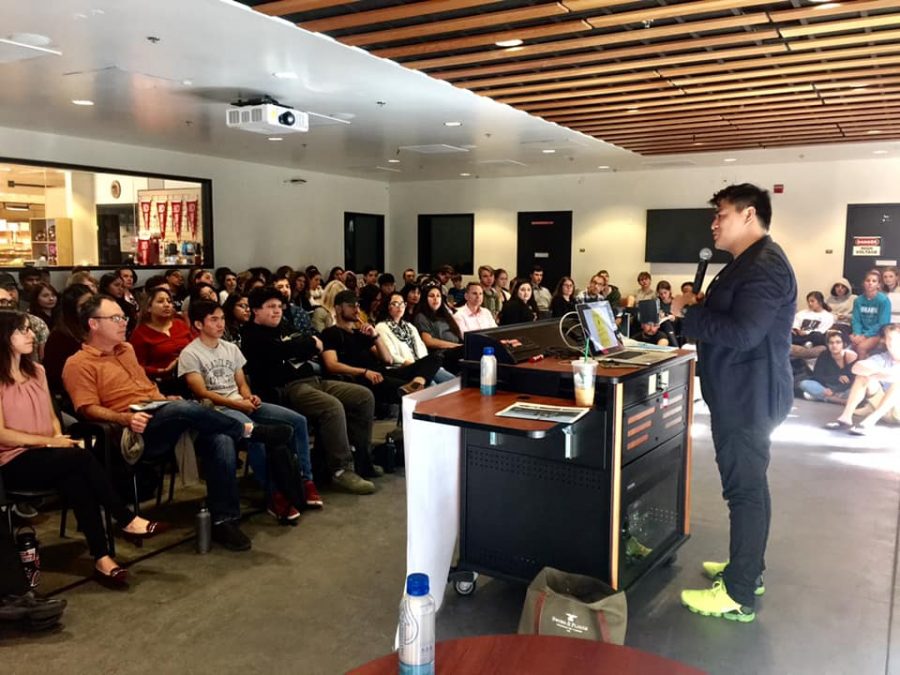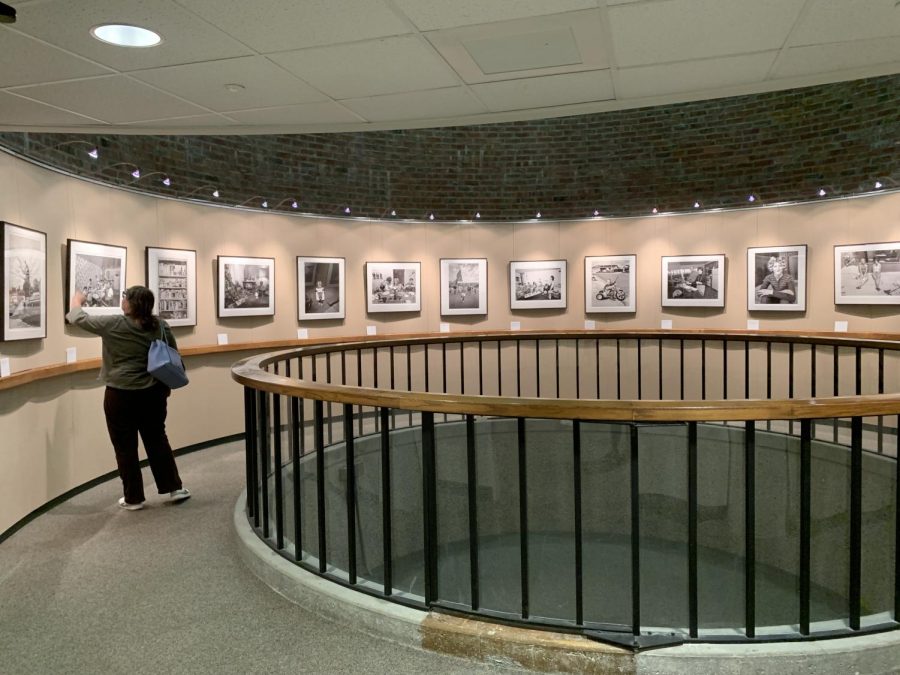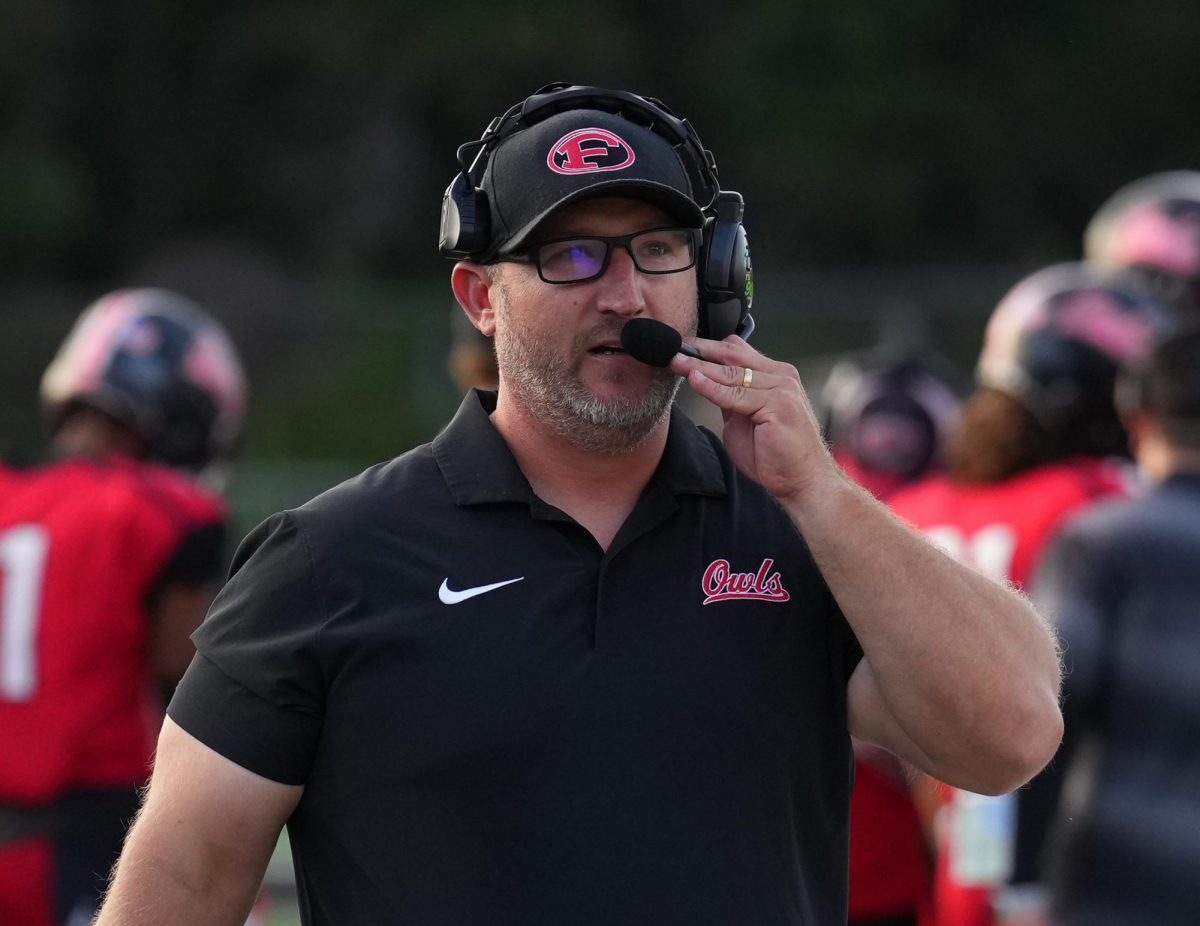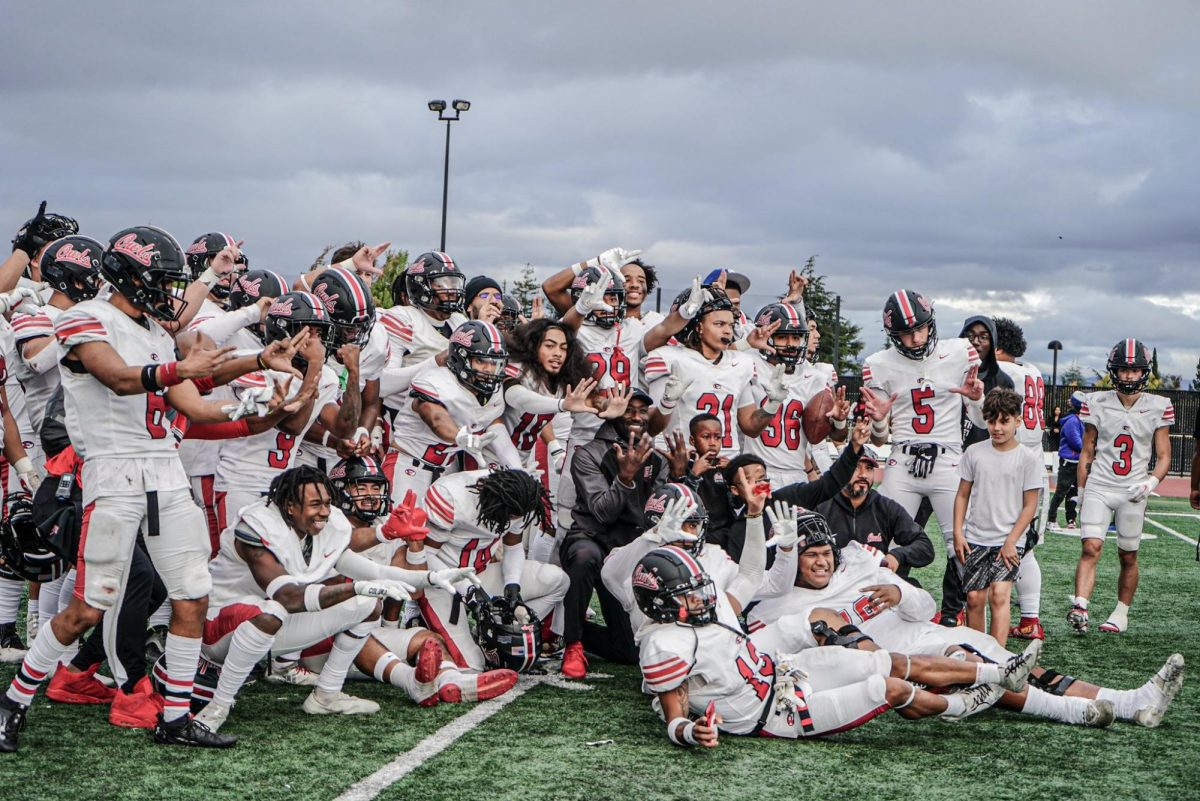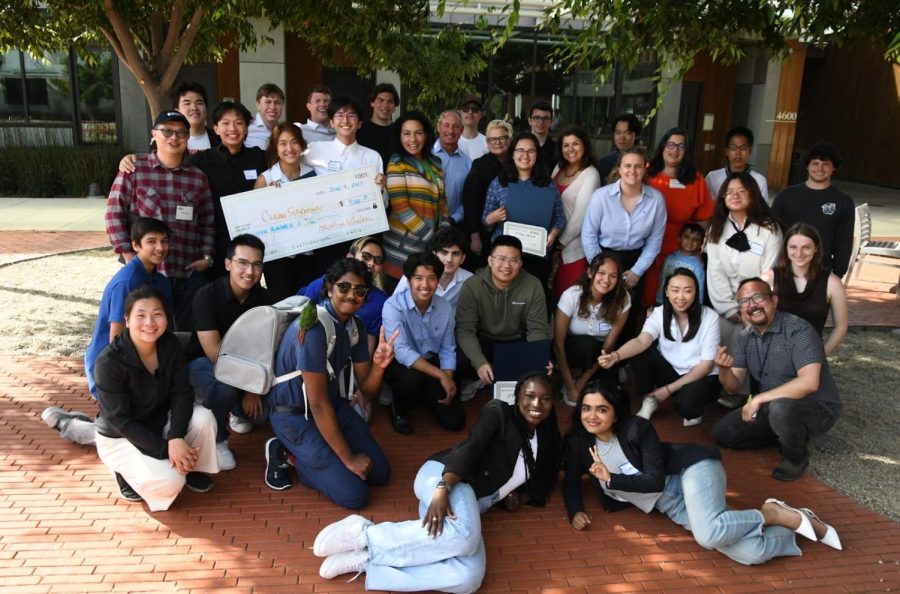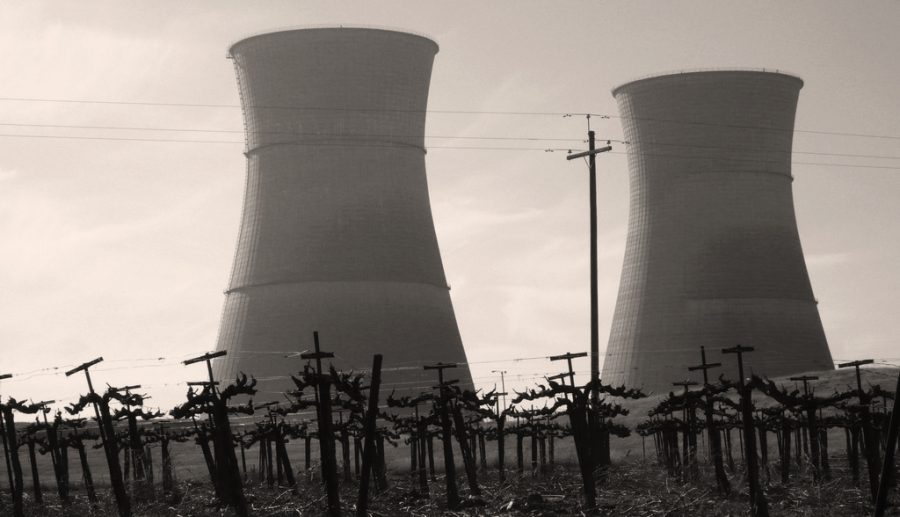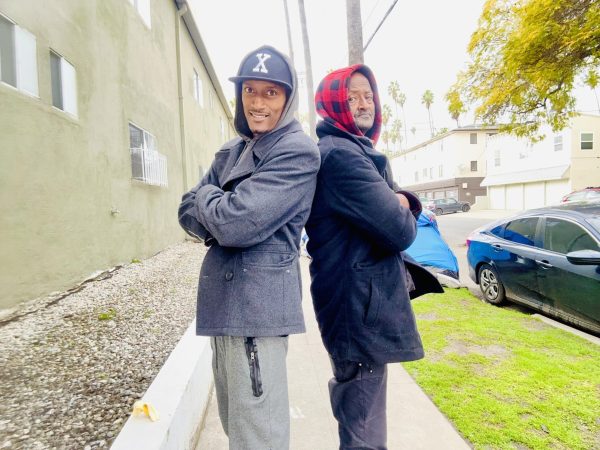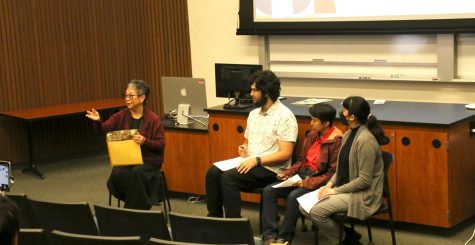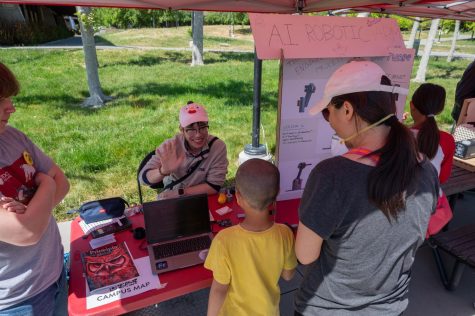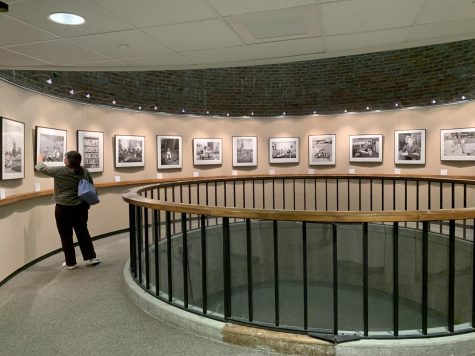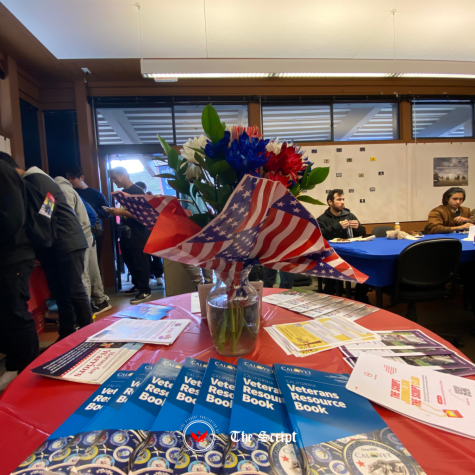In the Shadow of Giants
April 14, 2017
Looming over the working class neighborhoods of Richmond, CA, the Chevron refinery casts a shadow over the community. While most of us see Chevron only on street corners, the name is a household mainstay. It predates the town itself, and the complex is a keystone of the local community. It is the single largest employer in the city, providing more than 1,200 jobs. It processes more than 260,000 barrels of oil a day, making it one of the most productive refineries on the west coast.
Not everything is rosy economics, however. Setting aside the environmental impact of oil production and consumption, the refinery has been the site of five industrial accidents since 1972. The most recent, and one of the most dramatic, occurred on August 6th 2012, when a fire started at the Refinery when a corroded 1970s era pipe failed. This released a massive cloud of gaseous hydrocarbons, and thousands of people checked into to hospitals seeking medical attention. And this was only the tip of the iceberg, as Chevron has a long history of industrial accidents and refusing to meet regulatory standards.
The EPA filed a formal notice against Chevron finding 62 violations of federal environmental law after an investigation spurred by the Aug. 6, 2012 fire.
The EPA filed a formal notice against Chevron finding 62 violations of federal environmental law after an investigation spurred by the Aug. 6, 2012 fire. This is a continuation of a long history of sidestepping regulations or even direct non-compliance with safety precaution. The list from CAL/OSHA cites the following “willful violations”:
- Chevron did not follow its own policies or act on repeated recommendations to replace the corroded pipe that ultimately ruptured;
- Chevron did not test pipe thickness in areas identified as susceptible to corrosion and leaks because of the high temperature and high-sulfur content of the crude oil;
- Chevron did not implement its own emergency procedures to shut down the Crude Unit where the leak occurred, and exposed workers to harm by directing them to remove insulation;
- Chevron did not recognize the potential for a catastrophic release of ignitable diesel fuel from the leaking pipe, and ordered contractor employees to erect a scaffold at the leak site;
- Chevron allowed workers to enter the hazardous incident zone without proper personal protective equipment;
- Chevron had pervasive violations in its leak repair procedures throughout the refinery. Cal/OSHA investigators identified leaks in pipes that Chevron had clamped as a temporary fix. In some cases the clamps remained in place for years, rather than replacing the pipes themselves
Chevron’s response to these statements? A shrug, a brief statement of culpability, and quietly paying the fine. While, at the same time, they quietly started to send funds to politicians friendly with Chevron, eventually spending 3 million in local city elections and attempting to change existing laws to favor a proposed expansion.
Despite being outspent 20-1, the non-Chevron Candidates ended up coming out on top in the 2014 elections.
Here, though, there is a ray of good news. Despite being outspent 20-1, the non-Chevron Candidates ended up coming out on top in the 2014 elections.
In the words of city councilmember and former Mayor Gayle Mclaughlin: “Chevron flooded our democracy with millions of dollars in 2014, but Richmond voters saw through their attempt to buy our elections and the progressives candidates triumphed. Chevron should refrain from its oversized influence on our local democracy if it has any desire to repair its profoundly damaged reputation among our community.”
We are witness to a battle on the frontlines of a defining conflict of our times: economy vs. environmentalism. Have no illusions, the refinery is here to stay. It simply is too ingrained in the history, economy, and politics of Richmond to realistically be uprooted excepting an extreme industrial accident that causes massive destruction.
And yet, is it enough to just accept the inevitable? By petitioning, lobbying, and organizing against the maladministration of the refinery and its relationship with the community, real change can be gained on the ground. It is unacceptable that a corporate entity in a community’s backyard can bring bring bomb trains, ignore safety regulations, contribute to local pollution, and attempt to break down the democratic process. It’s time to cast a light into these shadows, and it is each and every one of ours’ jobs to shine it.












